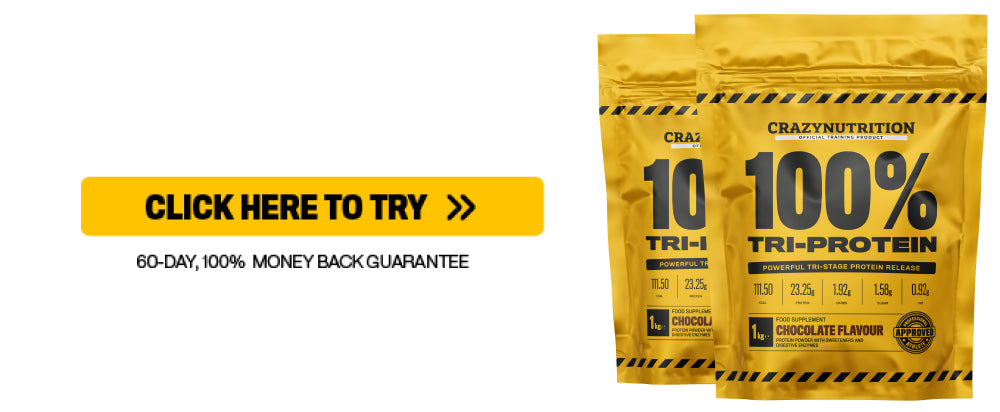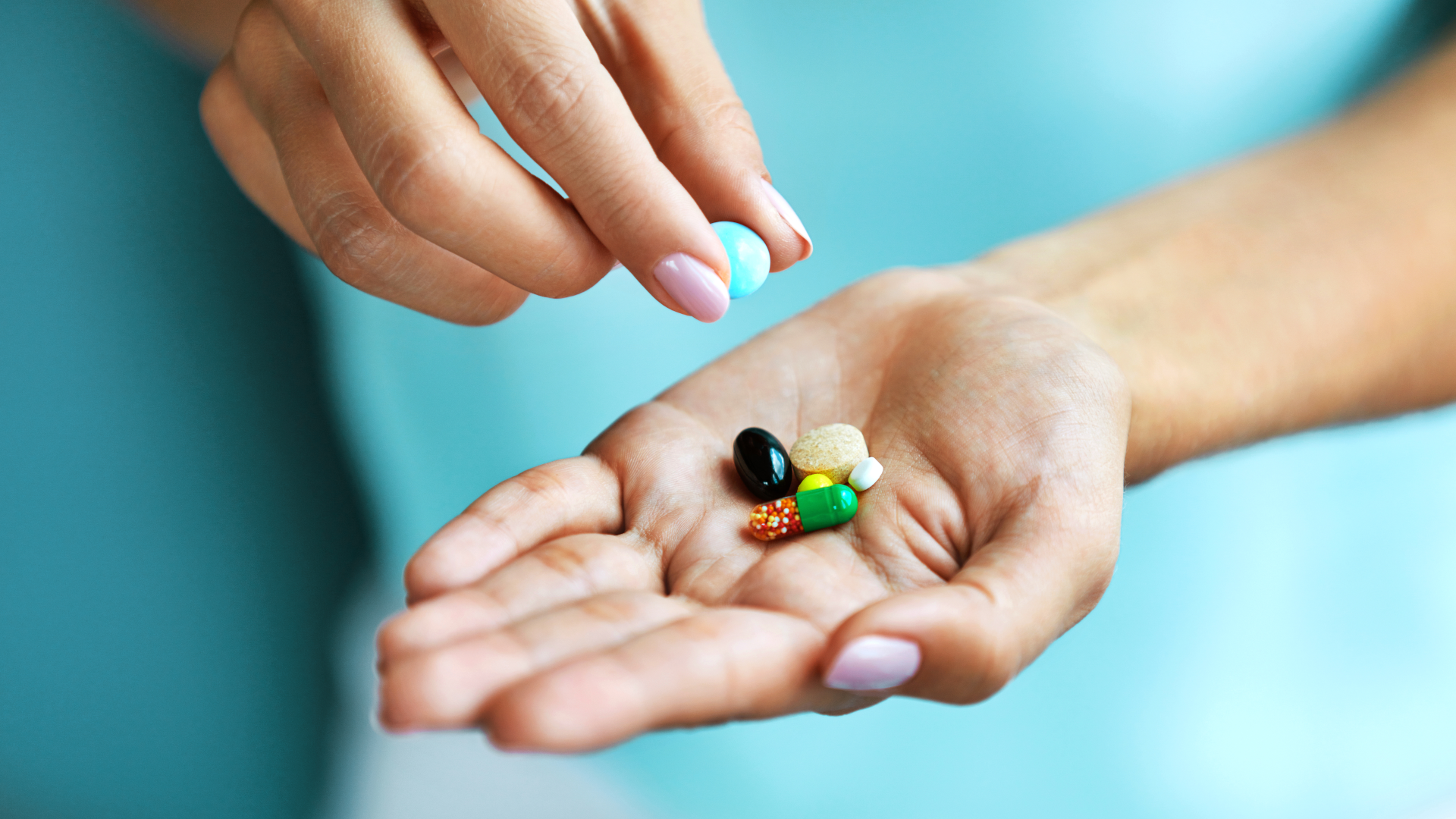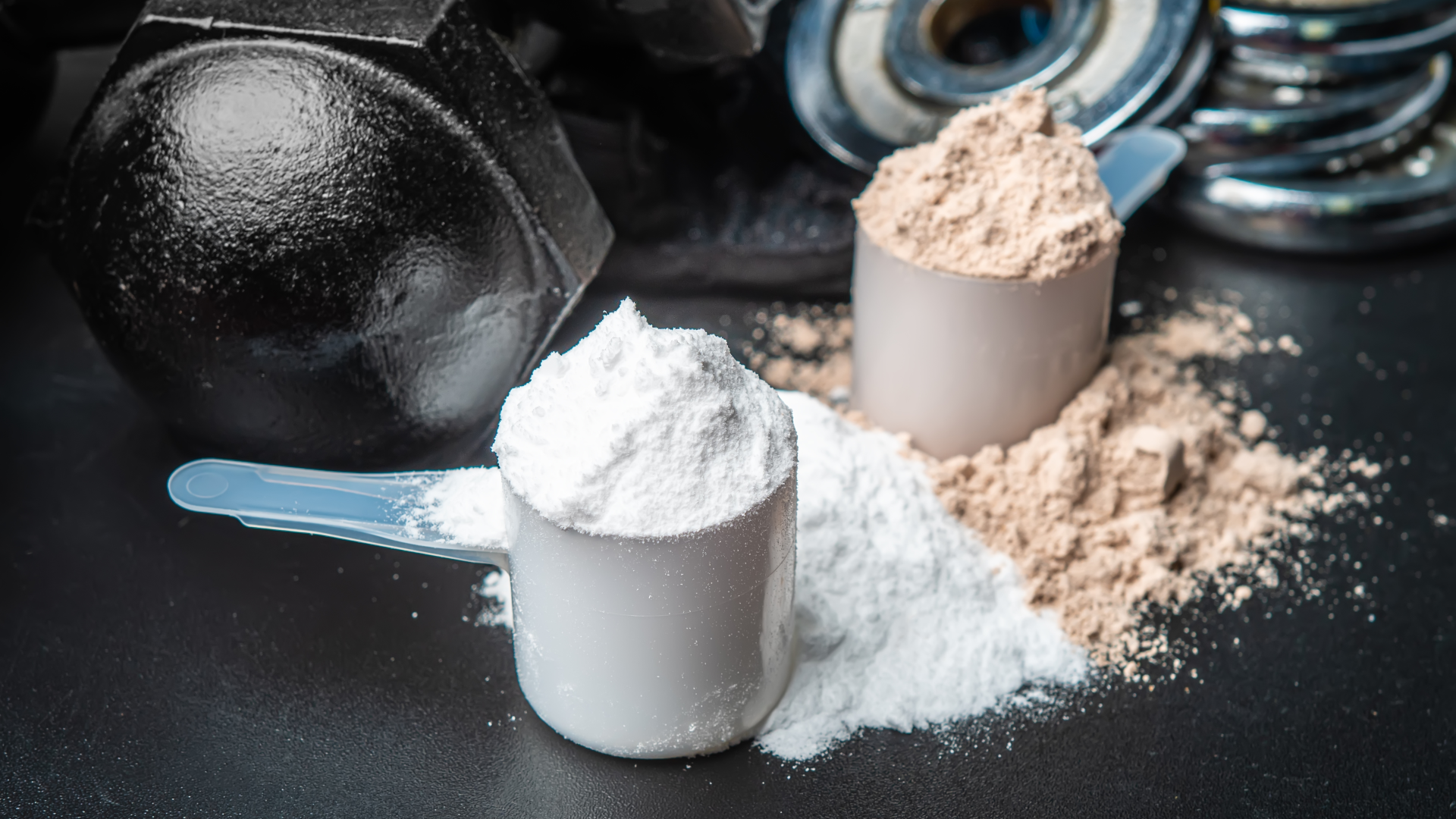What we eat has a massive impact on our success at the gym and on whether or not we achieve our desired physique. So taking a workout supplement to enhance our healthy diet plan seems like a no-brainer.
But with thousands of products, how are we supposed to choose just one supplement?
Protein powder is the most commonly used protein supplement, and the two popular types of protein powder are whey protein and pea protein.
First, we will explain why protein shakes are used by millions of people across the world, then we will break down the differences between whey protein powder and plant protein powder to give you an understanding of why you might choose one over the other.
What is protein, and why do we need it?
Protein is a macronutrient that naturally occurs in many of the foods we eat, is present in every cell of our body and is required to create and repair these cells. Protein is the main component of our organs, hair, nails, bone and muscle.
Protein is made up of 20 amino acids, and our bodies need every single one to perform day-to-day functions, including exercise. We actually synthesize eleven of them on our own, meaning we must obtain nine through dietary protein. These are known as essential amino acids.

Consuming a higher volume of essential amino acids has important ramifications for those who regularly lift weights or perform endurance training. This includes a higher rate of muscle growth, the ability to increase the size of our muscle cells (hypertrophy); and faster recovery after we exercise.
So what are the differences between whey protein and pea protein? And which is better?
- Related content: What is the best way to get more protein into your diet?
Pea protein vs. Whey Protein: What is the difference between them?
Although both increase your protein intake, there are a number of differences between the two.
What are they made of?
Whey protein is derived from milk, making it an animal-based protein.
Pea protein, on the other hand, is made from, you guessed it, peas, making it a plant-based protein. While whey protein powders are usually vegetarian, they aren’t vegan, unlike pea protein powders.
- Related content: What is whey protein (and do you need to take it)?
Nutrition Profile: Amino Acids
Remember those nine essential amino acids we talked about at the start of the article?
These are the basis of the most crucial difference between whey and pea protein powder.
Whey protein is a complete protein, meaning it contains all nine essential amino acids, whereas pea protein powder is an incomplete protein as it has very low levels of methionine.
This means that you can’t rely on pea protein as your only source of protein. To combat this, you can find plenty of methionine in chicken, fish, beef, dairy and eggs. Vegans often combine pea protein and rice protein to ensure they get their full dose of amino acids.
However, if you are just looking for a simple solution, then we would recommend whey protein. It is an all-around excellent source of protein and doesn’t rely on anything else to be effective for activating muscle growth.
That’s not to say you can use whey protein and forget about the rest of your diet. Whey protein shakes work in combination with a healthy, balanced diet that follows the golden rule - have at least one protein source in every meal.
Nutrition Profile: Minerals
One of the drawbacks of many plant proteins is the low iron content, teamed with the fact that it is much harder to absorb the iron found in plants. Pea protein is the exception as it has a higher iron content than the average plant. So, pea protein is a great choice if you struggle with low iron levels. 
Whey protein, on the other hand, has higher levels of potassium and calcium. Potassium is vital for many of our body’s processes, including organ function, and as we are taught from a very young age, calcium gives us big strong bones!
Pea Protein vs. Whey Protein; which is the most effective?
It is widely accepted that animal-based proteins are easier to absorb than plant-based proteins, such as pea protein, but does that actually make whey protein more effective in practice?
Which is best for muscle building?
Most studies that compare whey protein to pea protein have shown little difference between the two when it comes to their muscle-building power. The same can be said for studies on muscle recovery.
Having said that, the research is somewhat limited, and it does seem to contradict what we know about the comparative ease with which we digest the two proteins.
Which is best for weight loss?
Unfortunately, science has yet to give us an answer to this one. There haven’t been enough studies comparing pea protein to whey protein on this topic.
Protein powders in general have been shown to increase feelings of fullness and therefore aid weight loss, so both can be used to help you get lean.
- Related content: Do protein shakes help with weight loss?
Pea protein vs. whey protein - which tastes best?
This is a matter of personal preference, but neither has a particularly strong flavor. Whey has a milky taste, whereas pea protein powder tastes earthier.
Manufacturers will often add flavors, such as vanilla or chocolate, to protein shakes to make them more interesting to drink. Both also work well when added to smoothies, baking, oats or pancakes.
Whey protein vs. Pea protein; which one is best for you?
Whey protein has a better essential amino acid profile and the body more easily absorbs it compared with pea protein. Whey protein is a complete protein and therefore doesn’t require other protein sources to produce the full muscle-building effects, unlike pea protein which needs a little help. So if your only concern is which one will help you get the best results from your workout, we recommend whey protein.
If you are vegan or have severe lactose intolerance, pea protein is one of the best plant-based varieties you can use. Just ensure you are getting the amino acid, methionine, somewhere else within your diet.
If you are looking for a whey protein, then Crazy Nutrition’s TRI-PROTEIN formula is a high-quality, easy-to-digest whey protein and we have a large number of 5-star reviews.



